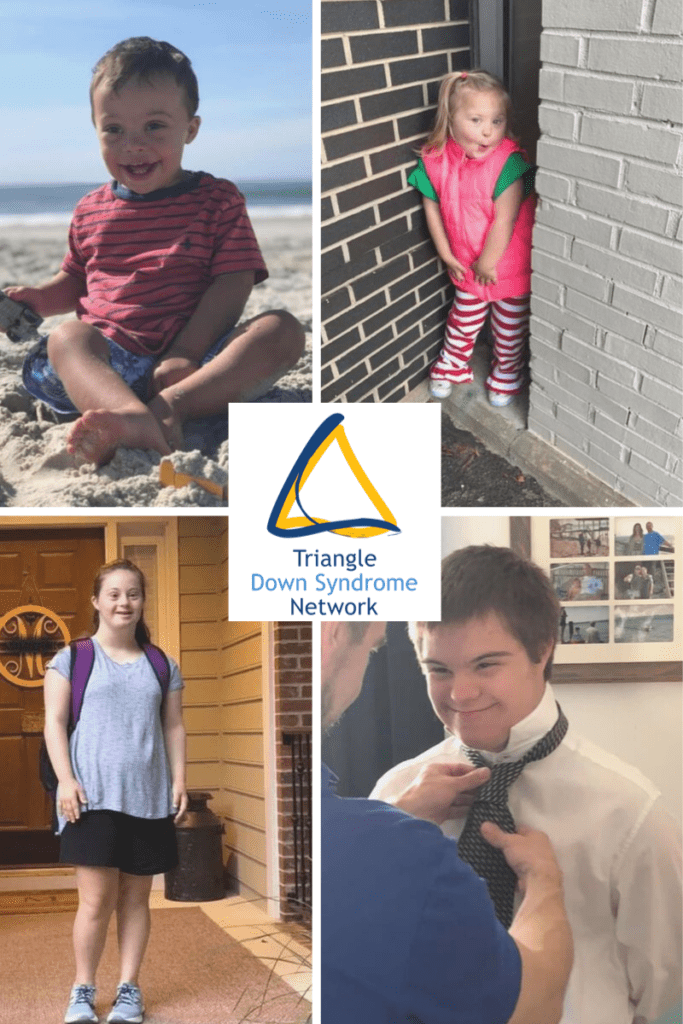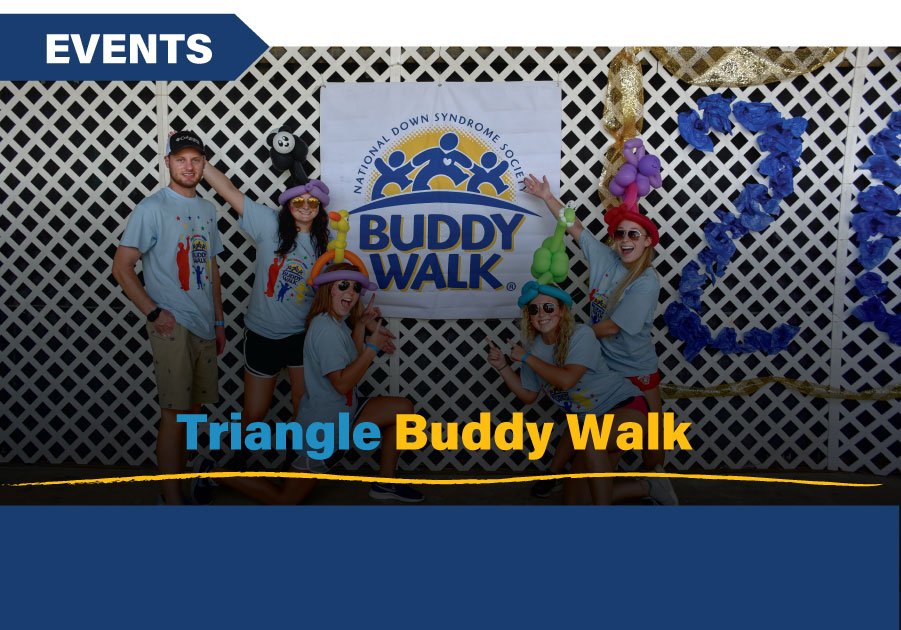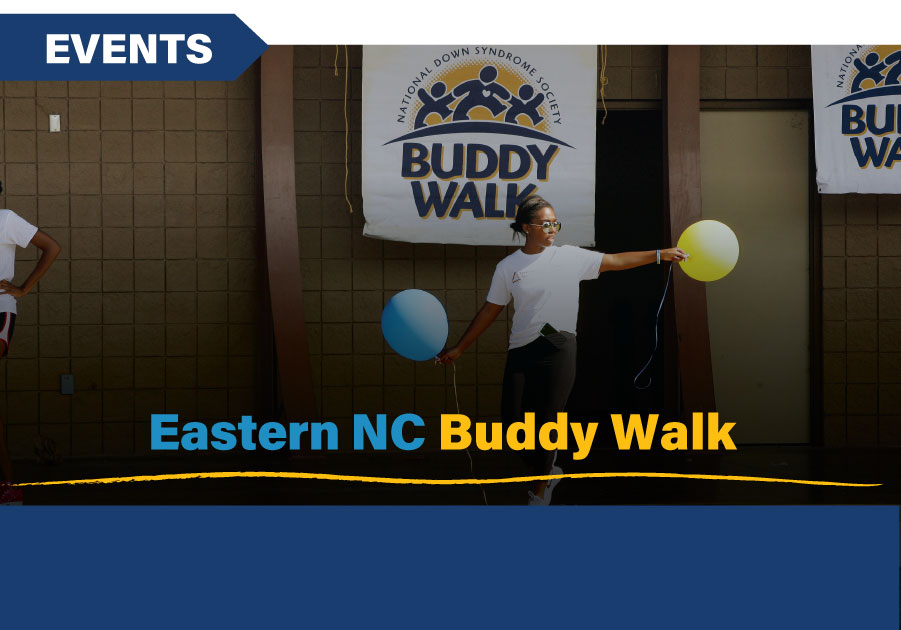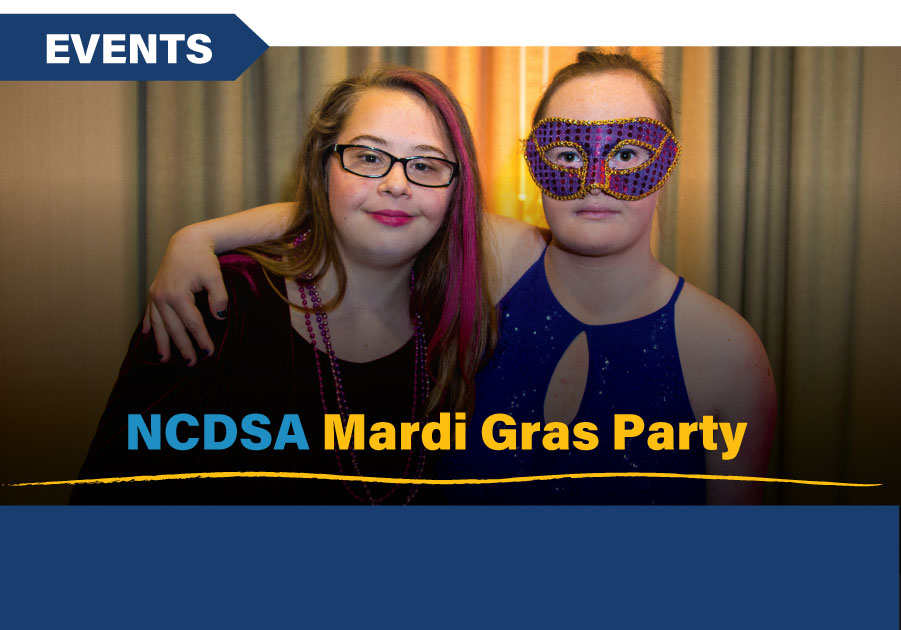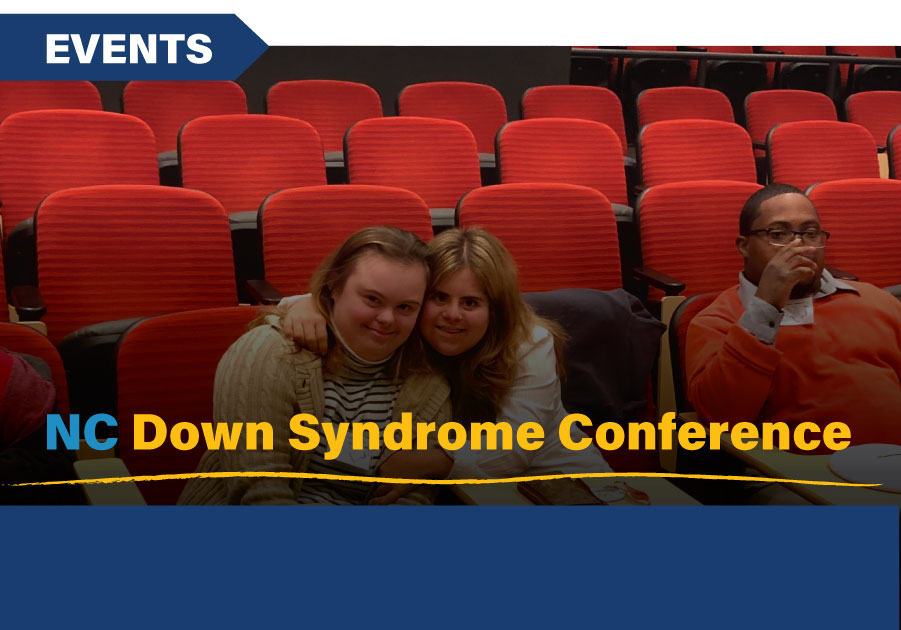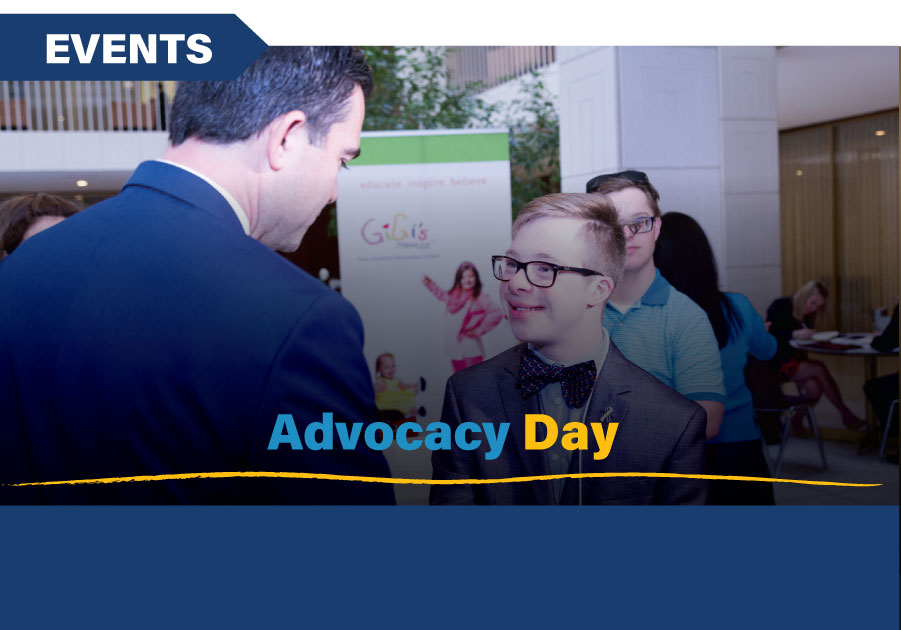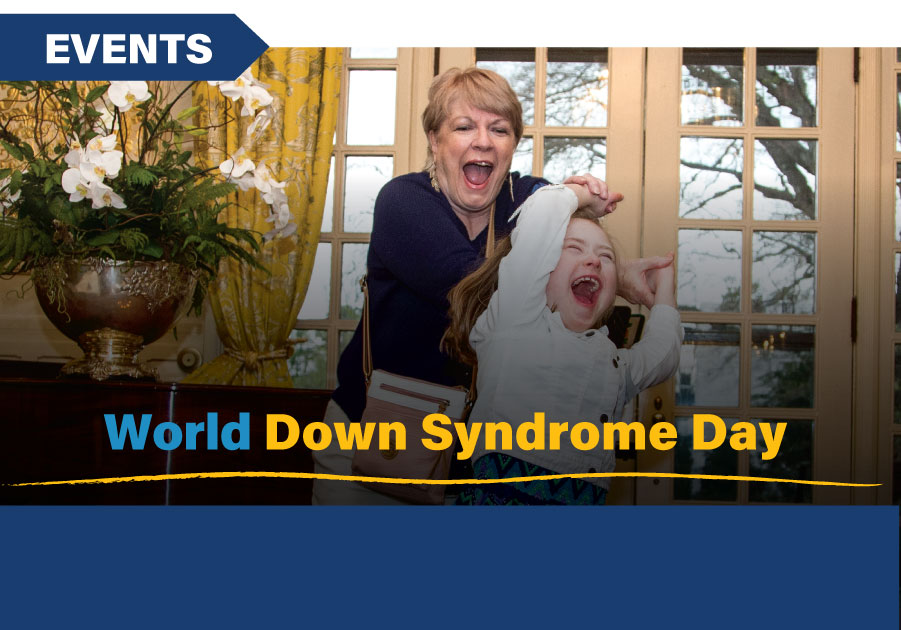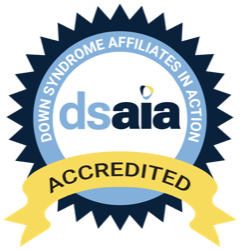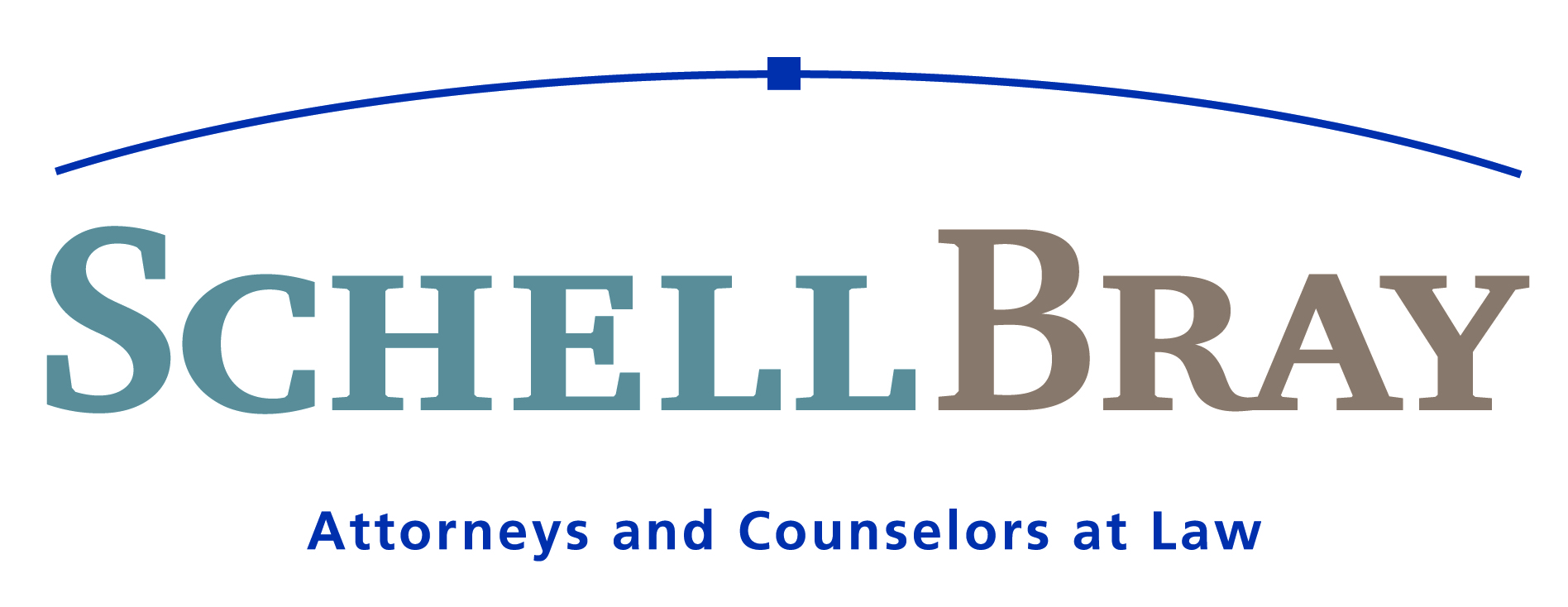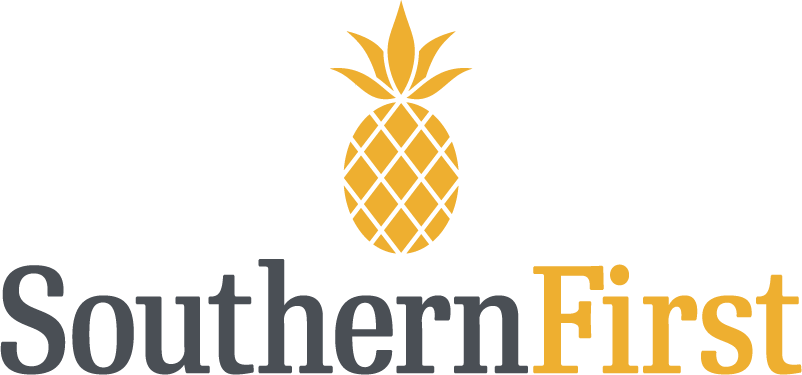NCDSA Brings You the Resources on COVID-19 and Down Syndrome
During these unprecedented and challenging times, NCDSA staff continue to work to provide people with Down syndrome and their families valuable resources to get through this crisis. Maintaining your wellbeing, while working (or not working) from home and caring for your family, is not easy. Information is changing rapidly and resources are overwhelming. The following list contains information to help you weather the storm. Please do not hesitate to contact NCDSA at info@ncdsalliance.org. We will get through this together as we are #StrongerTogether.
Learning and Down Syndrome
Best Practices and Resources for Online Education in Ds (with Dr. Sean Smith) Down Syndrome Center of Western Pennsylvania Podcast
Accessible Chef is a collection of free visual recipes and other resources to help teach cooking skills to individuals with disabilities.
National Down Syndrome Congress Online Learning Series is a three-part series designed to help parents and educators make the jump from the classroom to online learning. Presented by Sean J. Smith, a professor of Special Education at the University of Kansas and an NDSC Board member, these sessions focus on the various tips, tools, and techniques to maximize online learning for students with disabilities.
National Center for Accessible Educational Materials provides resources to support students who need accessible materials and technologies while learning remotely during the COVID-19 crisis.
Distance Learning for Special Education provides resources by educators and families from around the world. It is a collaboration to support the needs of students with disabilities during the COVID-19 pandemic. The materials are open source and may be adapted to fit your child or student’s need. They may not be used for purchase.
Making Music provides a list of free events that will be streamed via linked Facebook or YouTube Pages.
Reading A-Z (Email us at info@ncdsalliance.org for login info.
Description: Delivered over the Internet, Reading A-Z is a constantly changing program. Each month, Reading A-Z adds new books, lesson plans, and other resources, thus continually expanding its wealth of materials. The website has more than 2,500 downloadable books (including English, Spanish, and French versions) and thousands of teaching and learning materials.
National Down Syndrome Congress Resources and Support Services offers a variety of educational and exercise programs.
Parent/Guardian Rights
Hospital Transfer Form for people with developmental disabilities with suspected COVID-19. The form, once completed, will contain pertinent information should your family member be transported to the hospital without their parent or guardian.
Care Rationing Plans – Civil Rights, HIPAA, and the Coronavirus Disease 2019 (COVID-19) states: The Office for Civil Rights enforces Section 1557 of the Affordable Care Act and Section 504 of the Rehabilitation Act which prohibit discrimination on the basis of disability in HHS funded health programs or activities. These laws, like other civil rights statutes OCR enforces, remain in effect. As such, persons with disabilities should not be denied medical care on the basis of stereotypes, assessments of quality of life, or judgments about a person’s relative “worth” based on the presence or absence of disabilities. Decisions by covered entities concerning whether an individual is a candidate for treatment should be based on an individualized assessment of the patient based on the best available objective medical evidence.
Hospital Visitation Policies have been updated in an effort to reduce the transmission of COVID-19. In doing so, many hospitals are enforcing zero visitation policies. Parents and caregivers of both minors and adults with Down syndrome and other disabilities are excluded from these policies. However, parents and caregivers are still being turned away. The Arc NC has created a document that interprets and explains the rights of people with disabilities so they are not discriminated against under federal civil rights laws.
Health and Wellness
COVID-19 Information By and For People with Disabilities
Dignity in Health Care Factsheet on rights for people with disabilities and how to include individuals with disabilities in the COVID-19 response to ensure equitable care.
Handwashing Videos
https://www.youtube.com/watch?v=2hm0_sNiN2M
https://www.youtube.com/watch?v=IisgnbMfKvI
Special Olympics School of Strength online video exercises
Question and Answers on COVID-19 and Down Syndrome
English Expanded
English Abbreviated
P&R sobre COVID-19 y el Síndrome de Down
Versión Ampliada
Versión Abreviada
Coronavirus with Dr. Andrew Nowalk, Down Syndrome Center of Western Pennsylvania at Children’s Hospital of Pittsburgh of UPMC Podcast
CDC Coronavirus COVID-19
NC Department of Health and Human Services COVID-19
North Carolina Specific COVID-19 Response
COVID-19 Information from Across State Government

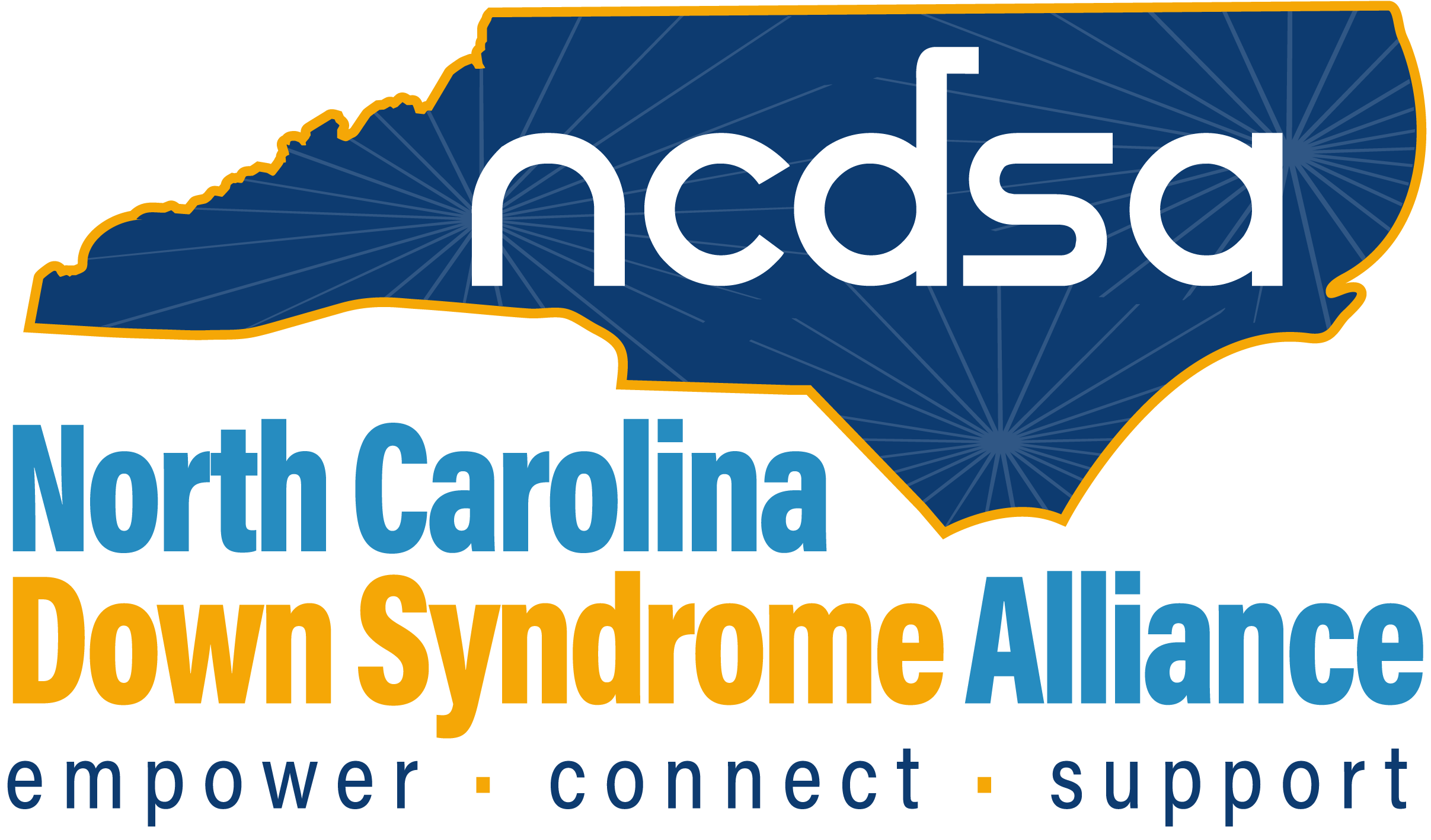
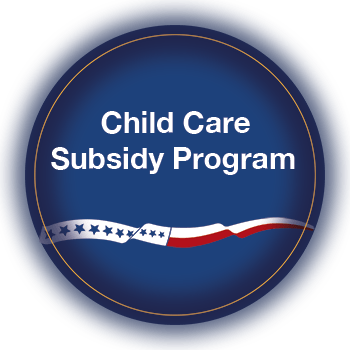 ment of Health and Human Services
ment of Health and Human Services 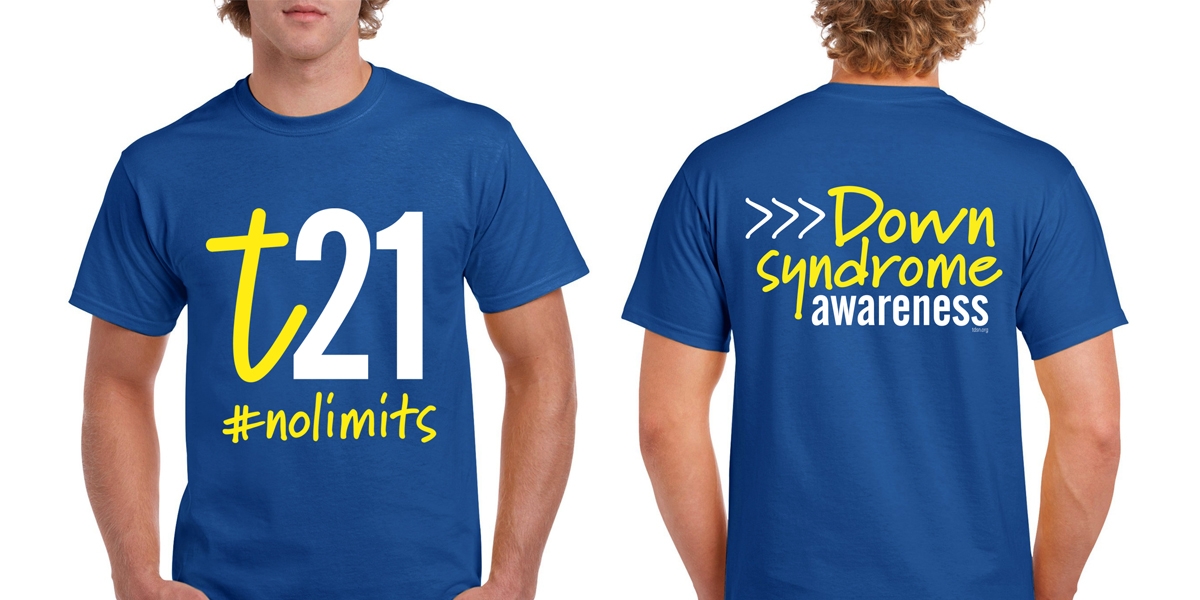
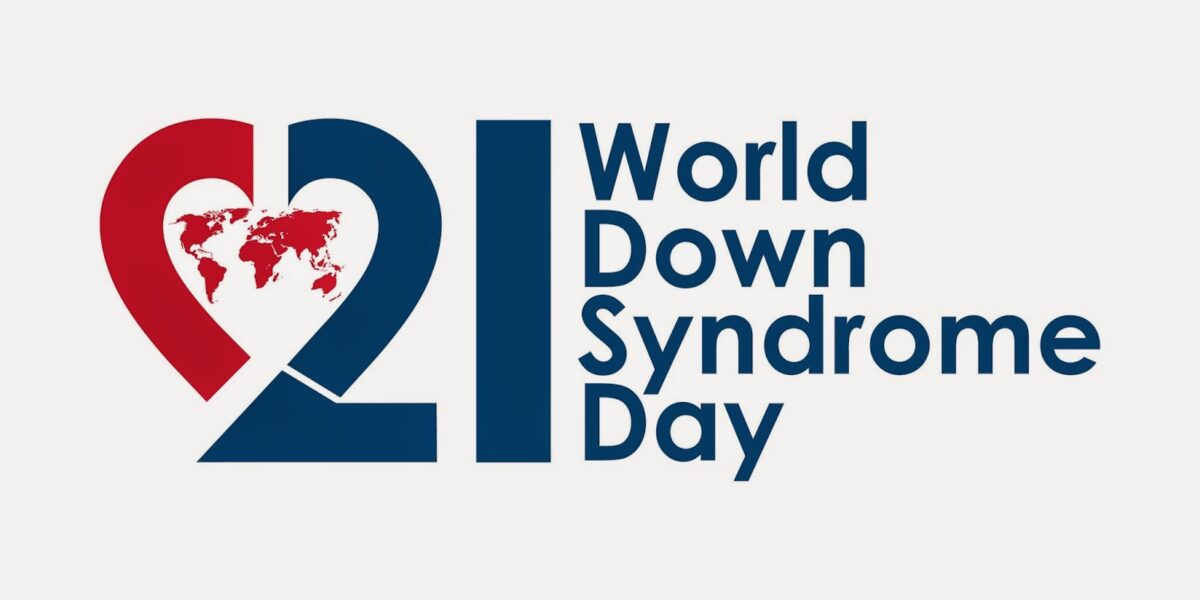
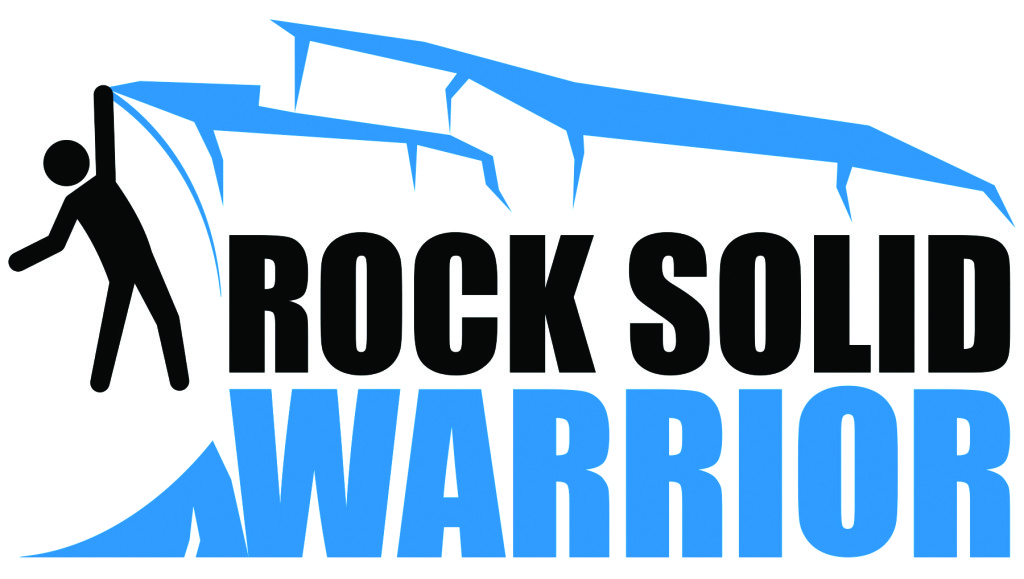

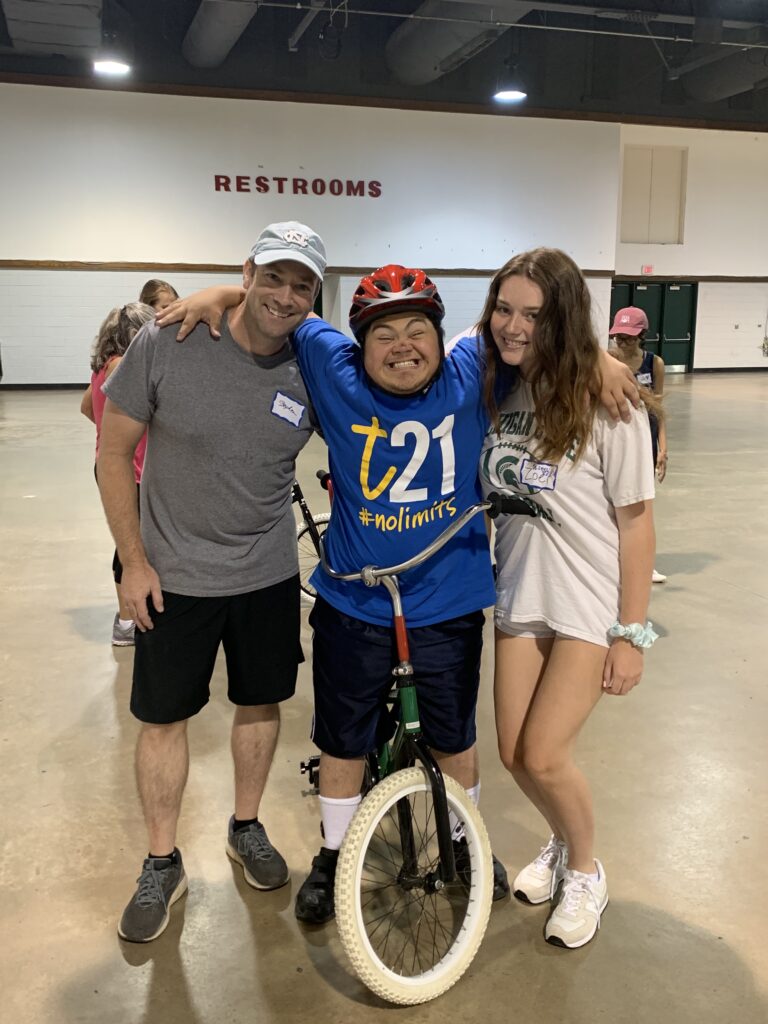 Triangle Down Syndrome Network is excited to acknowledge Javier Toro for his awesome work in the Down syndrome community, including his volunteer work with our organization! At 14 years old, Javier is the middle child of three who just began 9th grade at Cary High school. He is sandwiched between his older brother, Pepito, and younger sister Mia, who has Down syndrome. In his free time, he plays baseball for the town of Cary and also volunteers in the Pals Program at Gigi’s playhouse. At Reedy Creek Middle School he was a Peer helper in the Special Education Classroom.
Triangle Down Syndrome Network is excited to acknowledge Javier Toro for his awesome work in the Down syndrome community, including his volunteer work with our organization! At 14 years old, Javier is the middle child of three who just began 9th grade at Cary High school. He is sandwiched between his older brother, Pepito, and younger sister Mia, who has Down syndrome. In his free time, he plays baseball for the town of Cary and also volunteers in the Pals Program at Gigi’s playhouse. At Reedy Creek Middle School he was a Peer helper in the Special Education Classroom.